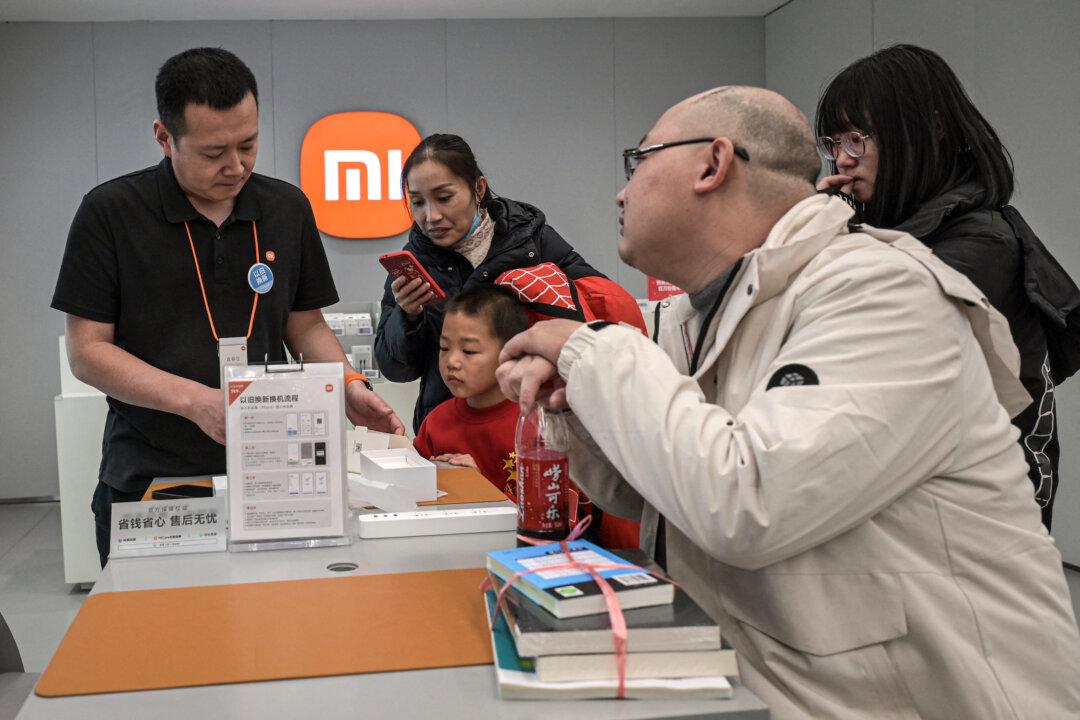Apple and Samsung smartphone shipments declined in the fourth quarter of 2024 because of fierce competition from China-based smartphone makers, according to the latest data from market research firm International Data Corporation (IDC).
The global smartphone market had 2.4 percent growth year on year in the fourth quarter of 2024. However, iPhone shipments fell by 4.1 percent year on year to 76.9 million units in the fourth quarter, while Samsung’s shipments fell by 2.7 percent to 51.7 million units, IDC stated in its report published on Jan. 13.




